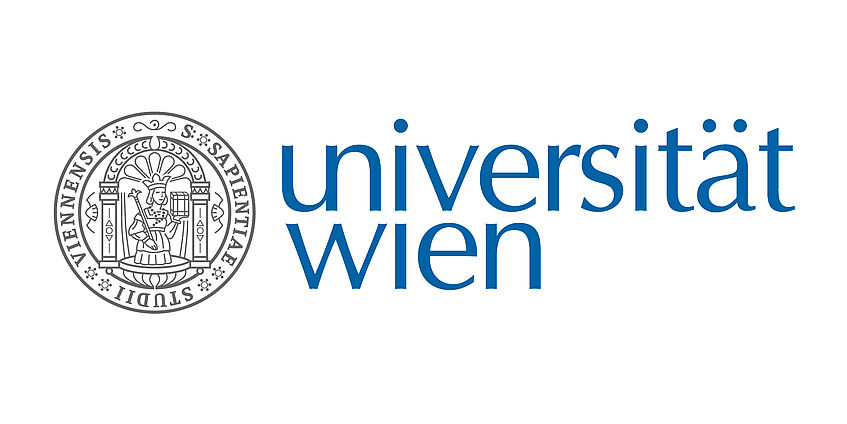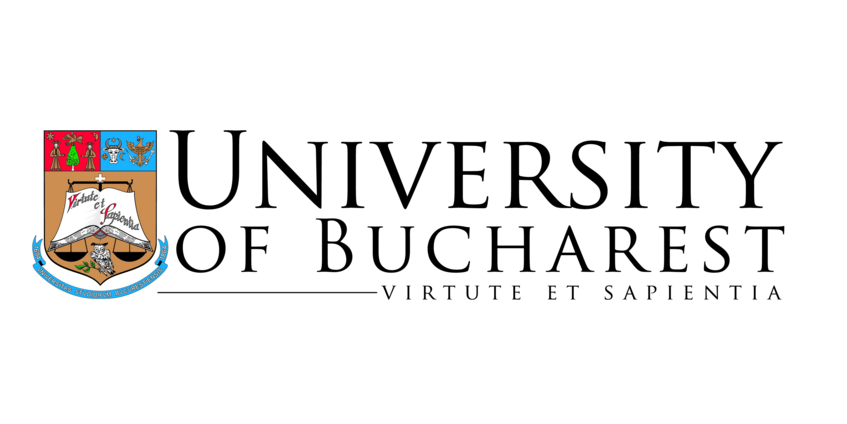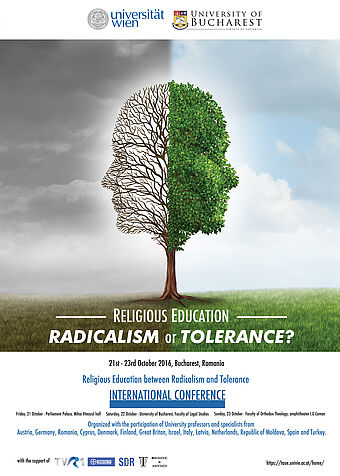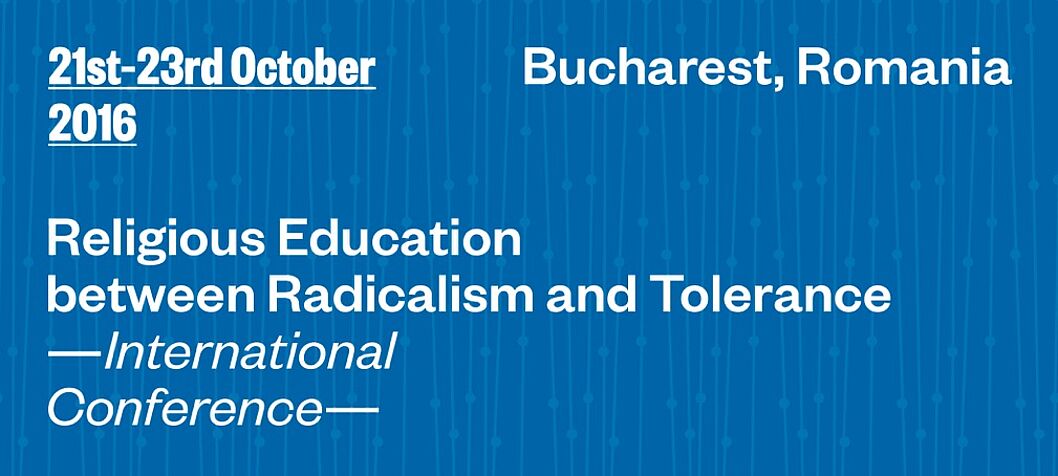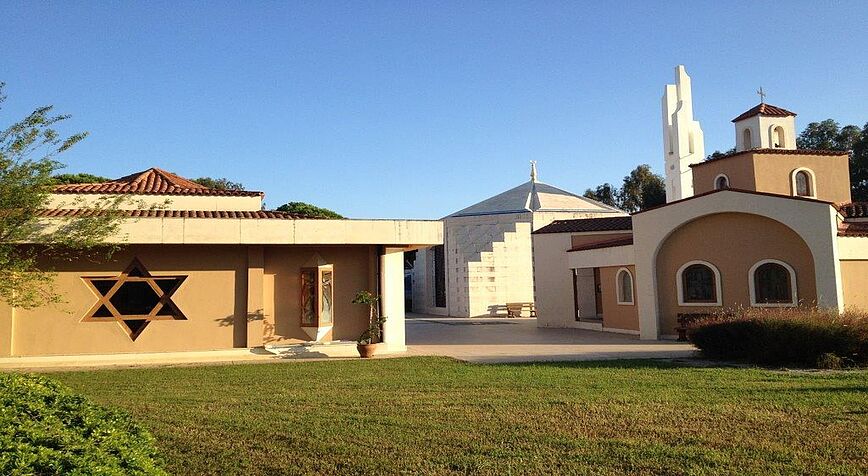The recent terrorist attacks in Europe, which, according to most assessments, have been consistently religiously motivated, have sparked a new debate on the place of religions in the pluralistic societies of Europe.
There is broad consensus that Europe, already overwhelmed with crises caused by these events, which are in themselves no less worrisome, faces yet another serious challenge, namely, the anti-European countermovements that they have triggered.
The question confronting religious education in this context concerns the potential and means for encouraging the development of a capacity to embrace diversity in young people in order to prevent radicalism from endangering the future of Europe in general and it future cohesion in particular.
Not intending to imply that every necessary course of action should be viewed solely as the responsibility of religious education, but nonetheless warning against underestimating its special role, it is worth emphasizing that religious education is to a great extent responsible for ensuring that students are capable of confronting, thinking critically about, as well as learning to define, justify, and defend their own positions with regard to, the diversity characterizing a pluralistic society.
What needs to be conveyed is that, within a pluralistic society, there is not one exclusive path for developing an individual religious or philosophical position. No religion or worldview is self-contained, but instead is subject to constant transformation. And the quality of values is measured, inter alia, by the extent to which a person is willing to change his perspective in interaction with society and to meet ever-changing challenges. Therefore, religious education is faced with the task of guiding young people, in the process of self-discovery, to question, at any given moment, the tradition and religion, to which they belong.
This international conference is intended to offer renowned scholars from different disciplines a forum that allows for the scholarly exploration of the various manifestations of tolerance and radicalism in Europe, and, in the process, particular focus on the role of religious education with regard to radicalism and tolerance. The central task is to explore answers to the following question: How can pupils learn to deal with radicalism and tolerance? And, above all, what contributions can religious education offer toward developing in young people in Europe a capacity for tolerance? Or, in other words, how can pupils in public schools in Europe establish a European identity in the context of the potential tensions that exist between religious tradition and individual perspective?
During the conference, the following topics will be discussed:
- Analysis of the current fundamentals and trends characterizing European social systems;
- Interactions and tensions among religions;
- Philosophical and theological concepts regarding the potential inherent in religions for peace and conflict;
- Potential threats of religious radicalism in Europe;
- "Best practice" examples from European countries;
- Education policies in schools regarding the topic of religious pluralism in Europe.
